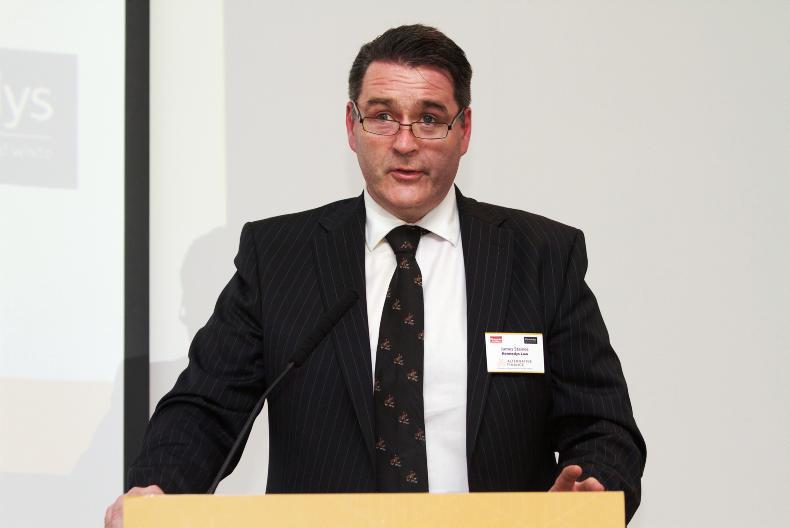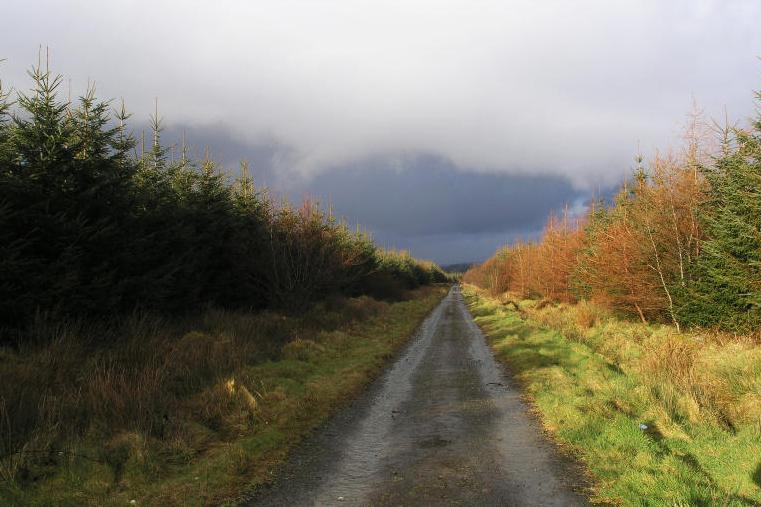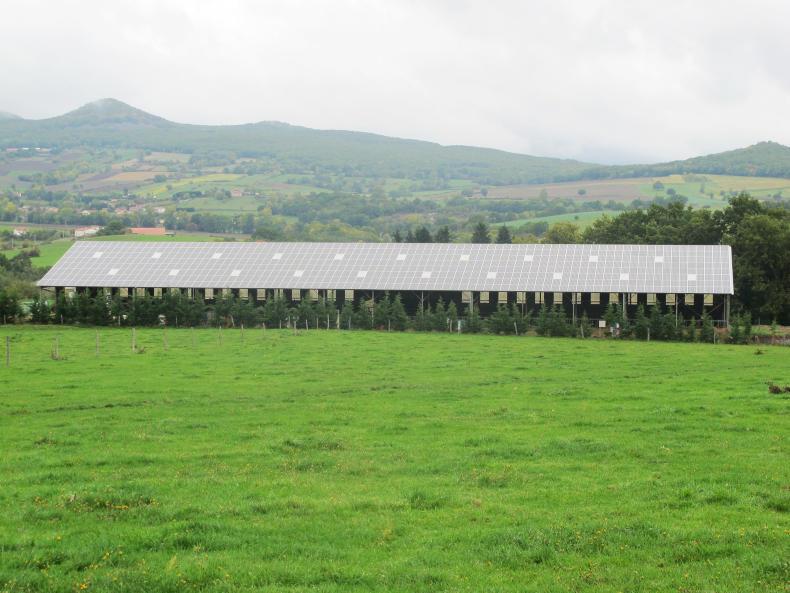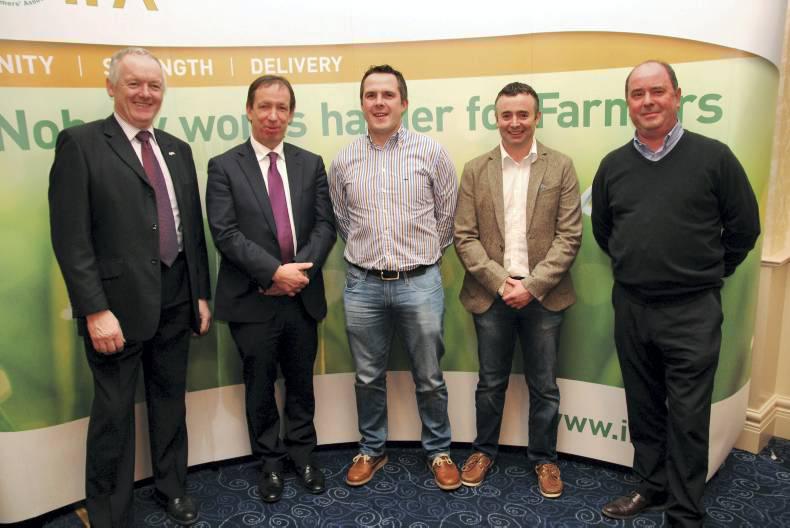There has been substantial growth in renewables in particular over the last 12 to 18 months.
In addition to the more established wind energy, there has been massive expansion in solar along with a renewed focus on biomass and other forms of renewables.
Often these projects are being promoted as a simple and straight option with no particular down side for the farmer.
On the face of it, the returns from some of these projects can far exceed the return from other farm enterprises.
But farmers and landowners need to be aware of legal issues when approached by solar, wind farm and other renewable companies and the range of issues they need to consider before entering into these long term agreements.
Agreements with renewable energy developers impose obligations on farmers and their retained lands.
Exclusivity agreements will restrict you dealing with other interested parties. Signing grid connection letters can again restrict your options.
Option agreements restrict in many ways what you can do with your farm for extended periods of time. Solar leases can tie you into generational-length agreements.
Personal issues and hurdles
In addition, there is a range of personal issues that farmers and landowners need to consider to include farm business succession, inheritance and estate planning issues, agricultural relief/Single Farm Payment, and impact on the next generation.
Farmers also need to be aware of the many steps and hurdles that the solar companies have to overcome before a single penny of rent will flow.
Obtaining planning, securing grid connection, finding the large sums of finance needed to build out, awaiting the REFIT (subsidised) tariff from the Government allied with the issue of actual capacity on the grid to carry all this potential electricity – all make for considerable challenges for the solar companies to fulfil their end of the agreements.
Several issues are still to be resolved to include SFP/BPS, agricultural relief, REFIT tariff and the use of battery storage which, if not addressed at the onset, can expose the farmer to substantial costs and loss of potential income.
Despite statements from the Minister there is still uncertainty if lands in a solar lease can be eligible lands for BPS.
As it currently stands, farmers will not be able to avail of agricultural relief on lands in solar leases which could expose them to substantial capital acquisitions tax liabilities when they transfer the land.
The proposed Renewable Heat Incentive scheme will also give rise to potential legal issues to be explored before farmers and other businesses can seek to benefit from it.
Biomass is a significant theme of the conference and appears to be entering a more confident phase after what many felt was previously a history of false starts and disappointments.
Farmers will need to consider biomass supply contracts carefully before signature.
They should consider coming together as groups to source and supply biomass and agree long-term supply contracts with a biomass company to ensure consistent and stable income.
Legal clinic at energy conference
A new and exciting development at this year’s Energy in Agriculture conference is the legal clinic for energy project advice organised by James Staines, who has extensive experience in advising farmers and landowners on issues surrounding renewable energy to include solar, wind power, battery storage and biomass.
James, his colleague Majella Ellis from Staines Law and Owen Sweeny from Poe Kiely Hogan Lanigan Solicitors will offer attendees their insights into renewable energy projects from both the landowner and developers’ background.
The legal clinic will run from 1pm to 4pm and will provide 15-minute individual opportunities for you to raise any questions that you may have regarding contracts for renewables, issues for your family and other items that affect landowners.
With high demand expected, booking is advisable through www.energyinagriculture.ie (see Clinics tab), though there will be some walk-in slots available on the day.










SHARING OPTIONS